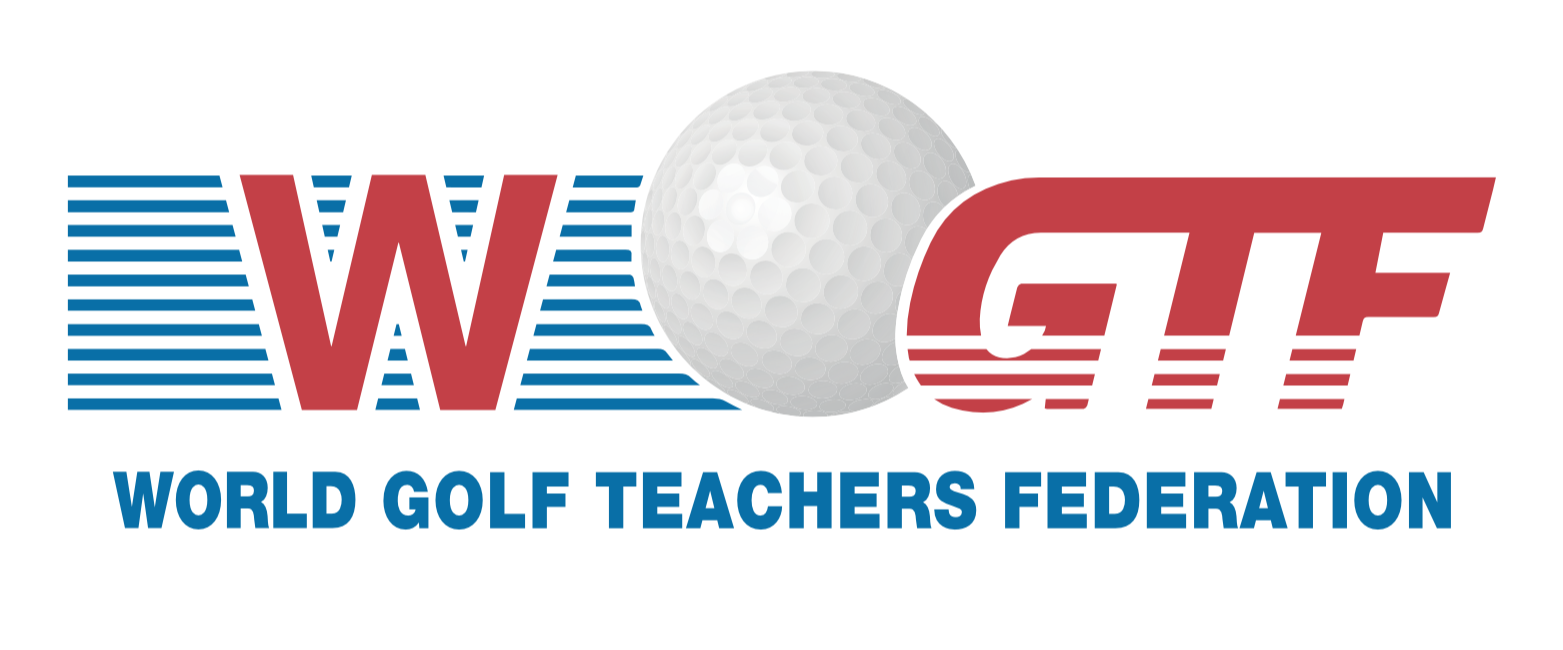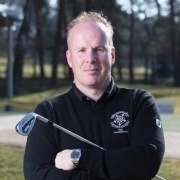March 9 Masterclass John Boerdonk
Location: Bernardus Golf
Subject: Youth (top) golf development and team coaching.
It's great if you start playing golf at the age of nineteen and then get to participate in the KLM Open a few years later! The fact that you were subsequently named Golf Teacher of the Year in 2019 also says a lot about your passion for golf. In addition to his work as a pro at the Rosendaelsche, John Boerdonk (44) has also used this passion and knowledge at Golfton (Golf Talent Development Netherlands), which was founded in 2016. In other words, there are few golf teachers who know more about youth and team golf than this driven Brabander.
By: Kees Jan Stel
It seems that you are quite busy with the Rosendaelsche and Golfton?
John Boerdonk: You can say that. But no complaints, it's the most beautiful thing there is. Although I must say that I am of course doing Golfton together with my colleagues Eric der Children and Roel Verdonschot. But it is great to see that with Lars van Meijel and Darius van Driel we now have two boys who have been able to make the step to the European tour, partly thanks to Golfton.
What exactly is Golfton?
John Boerdonk: Golfton was founded by the three of us in 2016. We had the feeling that there was no suitable training program for youth. Naturally, the NGF does what is necessary, but this is mainly a centrally focused approach. With Golfton we wanted to work in a more decentralized manner. We started with 3 locations, but now we have 10 locations where we work with approximately 120 talented kids.
What is Golfton's aim?
John Boerdonk: The idea is that we train motivated youth golfers for a place on the European Tour. That of course sounds quite ambitious and it is obvious that not all players will achieve this, but in any case we do not want to leave anything to chance in terms of training. We do this through a 10-year training course that the participants complete alongside their school. We assume the properties necessary for a tour pro and try to 'calculate' that back 10 years. In other words, what does it take to succeed as a professional?
What does such a training consist of?
John Boerdonk: Obviously a lot of golf, but that's not all. We know that you have to start young to succeed as a professional. That is why kids can join us from around the age of 10. But we encourage them to play as many sports as possible besides golf. The more the better, we don't believe in specializing young. However, when they are about 15/16 years old and when they have the ambition to really become professionals, we go into higher gear. All this in combination with the parents, local teachers and the clubs and committees. We can't do it alone.
What makes a youth player a Tour player?
John Boerdonk: That's actually easier to describe than you might think. Everyone initially thinks of things like natural predisposition and biomechanical factors. But just as important are things like resilience, mentality, the will to succeed, adaptability and coachability. Many things reveal themselves as they get older, but it really isn't just a 'nice swing'. Much more is needed.
What should we do to get more young people to play golf?
John Boerdonk: The problem is that golf in the Netherlands is not seen as a real sport, but more as a fun activity. If it doesn't make you sweat, it doesn't seem to count. At Golfton it is different, where we also emphasize the physical element, it is fun and more than just golf lessons.
Another problem we often encounter in the Netherlands are the clubs. Most clubs really consider youth to be important, but it should not be at the expense of 'ordinary' members. There is a kind of penny wise-pound foolish thinking. But of course you have to give young people the space to play and learn. After all, they are also the members of the future. Unfortunately, I miss that urgency too often at many clubs.
What does a youth program at Golfton look like in general terms?
John Boerdonk: We distinguish a number of target groups within our training. We call the first group the Potentials, young (8/10 years old) novice but motivated and talented players. The second group are the Talents, still young (14/16 years) but more advanced players. This is followed by the Top Amateurs, really good amateurs who are close to being a pro. Finally, we have programs for professionals, players who already play golf full time. Players can join at various times, it all depends on quality and motivation.
You are also the coach of a major league team?
John Boerdonk: That's right. That's a nice story. We were promoted twice in a row with the Rosendaelsche and subsequently became undefeated champions in the Premier League. And yet everyone didn't give us a chance beforehand! How can you win the title with such a young team? But my vision seemed to resonate with the group and we started playing better and better. We had 8 players in the team while only 6 can play each match. So our internal selection competitions were a very exciting affair. Some boys indicated that they were more nervous about our own selection competitions than before their first round at the National Championships!
How do you coach a team of individual athletes?
John Boerdonk: To start with, it is of course important to select the right players. But if you assume a kind of synergy effect, that certainly helps. Find players with the same interest, motivation and passion and let them work together. And teach them that the group process always comes first. In that context, I always see myself as a kind of leader on a dog sled. And we have 8 dogs that can all run fast. My job is to keep the dogs running in the same direction and make sure none of them drop out along the way. We need them all not to be overtaken by another sled.
What makes a good golf coach?
John Boerdonk: I can be brief about that. Convey your passion and 'make it your own'. By this I mean that as a coach you always have to follow your own path. It is tempting to copy all kinds of top coaches or learn popular techniques. But the best thing is to follow your own path and do what you think is best for your players.
What exactly will you do at the WGTF seminar?
John Boerdonk: Assume that youth plays an important role, but if you want to be sure, I would just drop by!
The program for these days is as follows:
09.30 - 10.00 Reception at The Dutch of Bernardus
10 a.m. – 1 p.m. Theory
1:00 PM – 2:00 PM Lunch
2:00 PM - 5:00 PM Practice
5:00 PM - 5:30 PM Closing
The costs for WGTF members are 95 euros per masterclass, including lunch. Introducers are very welcome for 145 euros per person. Register via info@wgtf.nl.






